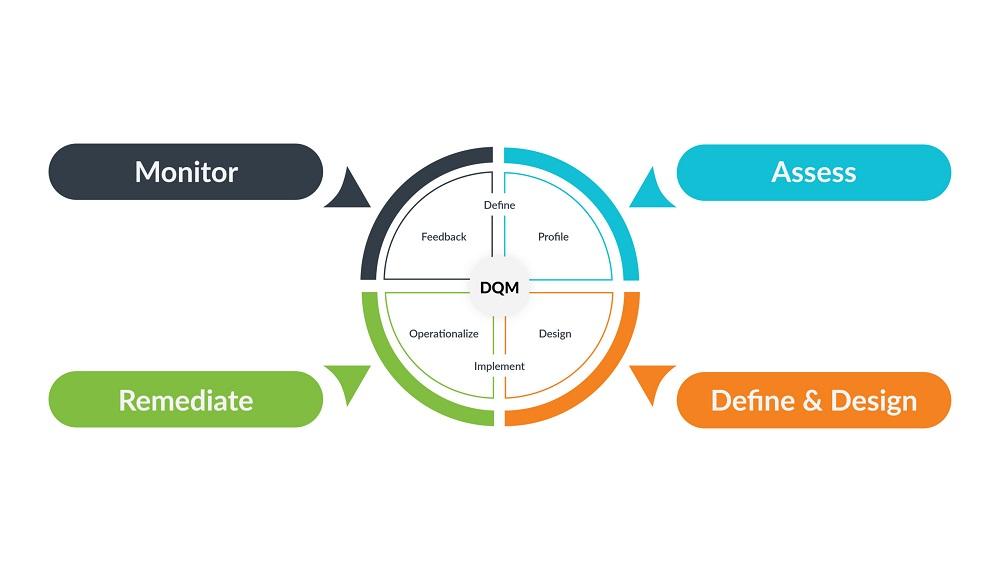Deconstructing the Global Data Quality Management Market

The global Data Quality Management Market is a rapidly expanding and strategically vital segment of the broader enterprise software and data management industry. This market provides the specialized tools, solutions, and services that organizations need to measure, improve, and govern the quality of their data assets. Its significant growth is a direct response to the "garbage in, garbage out" problem that plagues so many digital transformation, business intelligence, and artificial intelligence projects. As businesses invest trillions of dollars in becoming data-driven, they are increasingly recognizing that the success of these initiatives is entirely dependent on the quality of the underlying data, creating a massive and sustained demand for effective DQM solutions.
To understand its structure, the market is typically segmented by several key criteria. By component, it is divided into the software tools themselves and the associated professional services, which include consulting, implementation, and training. The software solutions are further segmented by their core functionalities, such as data profiling, data cleansing, data matching, and data monitoring. By deployment model, the market is split between traditional on-premise installations and, increasingly, cloud-based Software-as-a-Service (SaaS) offerings, with the cloud segment experiencing the most rapid growth due to its flexibility and scalability. Key end-user industries driving demand include BFSI, healthcare, retail, and government, all of which are highly data-intensive and have stringent compliance requirements.
The competitive landscape is a dynamic mix of large, established enterprise data management vendors and a host of smaller, more specialized pure-play data quality providers. Major players like Informatica, SAP, IBM, and Oracle have long offered comprehensive data quality capabilities as part of their broader data integration and governance platforms. They compete with a vibrant ecosystem of other strong contenders and innovative startups who often differentiate themselves based on their ease of use, their focus on specific data domains (like customer or product data), or their advanced use of artificial intelligence and machine learning to automate data quality processes, creating a rich and competitive market for businesses seeking to improve their data integrity.
- Art
- Causes
- Crafts
- Dance
- Drinks
- Film
- Fitness
- Food
- Παιχνίδια
- Gardening
- Health
- Κεντρική Σελίδα
- Literature
- Music
- Networking
- άλλο
- Party
- Religion
- Shopping
- Sports
- Theater
- Wellness



